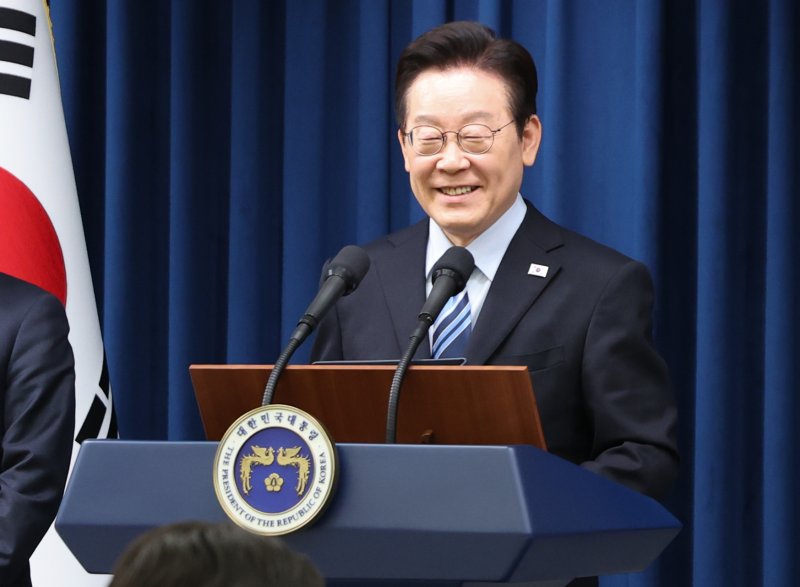Nuclear Submarine: Ruling Party Calls It 'Significant Achievement,' Opposition Cites 'Lack of Specifics' [US-ROK Joint Fact Sheet Announced]
- Input
- 2025-11-14 13:14:20
- Updated
- 2025-11-14 13:14:20

[Financial News] On the 14th, both the ruling and opposition parties offered positive assessments of South Korea’s nuclear-powered submarine included in the US-ROK Joint Fact Sheet, a result of customs and security negotiations, during the Foreign Affairs and Unification Committee of the National Assembly. However, there was a difference in tone. The Democratic Party of Korea (DPK) called the explicit mention of the nuclear submarine in the fact sheet, announced during next year’s budget review, a major achievement. The People Power Party also welcomed the development, but noted a lack of specificity.
Jo Jung-sik of the DPK stated at the committee meeting, 'Our government has resolved an issue that has been attempted for 30 years. This is a remarkable achievement.' He added, 'The government should actively advocate for the need to build nuclear-powered submarines domestically, rather than relying on the US, and pursue negotiations accordingly.'
Kim Sang-wook of the DPK remarked, 'The fact sheet contains a statement reflecting the two countries’ commitment to work together on the possibility of building US warships in Korea, an issue that has long been under discussion.' He continued, 'It seems we have now reached the stage where concrete implementation is required. The Ministry of Foreign Affairs has made tremendous efforts to include this language, and I am grateful for that.'
Kang Sun-woo of the DPK highlighted the fact sheet’s mention that 'the United States will work closely with Korea' regarding the nuclear-powered submarine, noting, 'Such an expression of close cooperation demonstrates a strong diplomatic commitment.'
The People Power Party also voiced a positive assessment. Ihn Yo-han of the People Power Party said, 'It was a very good move to strongly request a nuclear submarine from President Donald Trump. This deserves praise. I believe Trump was handled in a way that suits his style.'
However, Kim pointed out, 'The original US fact sheet only states that there will be close cooperation with Korea regarding fuel supply. There is no explicit commitment from the US to provide fuel.'
He went on to say that regarding Korea’s uranium enrichment and spent nuclear fuel reprocessing, 'The US states it supports the procedures, not the actions themselves. This means there is still another step before actual implementation.' He added, 'This does not reach the level of agreeing to revise the Agreement for Cooperation between the Government of the Republic of Korea and the Government of the United States of America Concerning Civil Uses of Atomic Energy.'
In response, Park Yunju, First Vice Minister of Foreign Affairs, stated, 'We are discussing the matter with the US, keeping a possible revision in mind.' He added, 'While detailed implementation must be coordinated with the US, we consider this a significant achievement.' Kim responded, 'Although this is a considerable achievement, the devil is in the details, and those details remain unresolved. We have only secured a declarative statement. Are there no other agreements? Is this all?'
Ahn Cheol-soo of the People Power Party questioned Park Yunju, First Vice Minister of Foreign Affairs, who was present at the plenary session, saying, 'The fact sheet mentions the nuclear-powered submarine at the end, but it does not specify where it will be built. Will it be constructed in Korea or at the Philadelphia Naval Shipyard in the US?' Park replied, 'Our basic assumption is that it will be built in Korea.'
There was also a call for ratification by the National Assembly. Kiwoong Kim of the People Power Party argued, 'It is appropriate and customary to give legal effect to the agreement. There is no reason why the National Assembly should not approve it. Proceeding with parliamentary approval would be beneficial in every respect.'
cjk@fnnews.com Choi Jong-geun Reporter